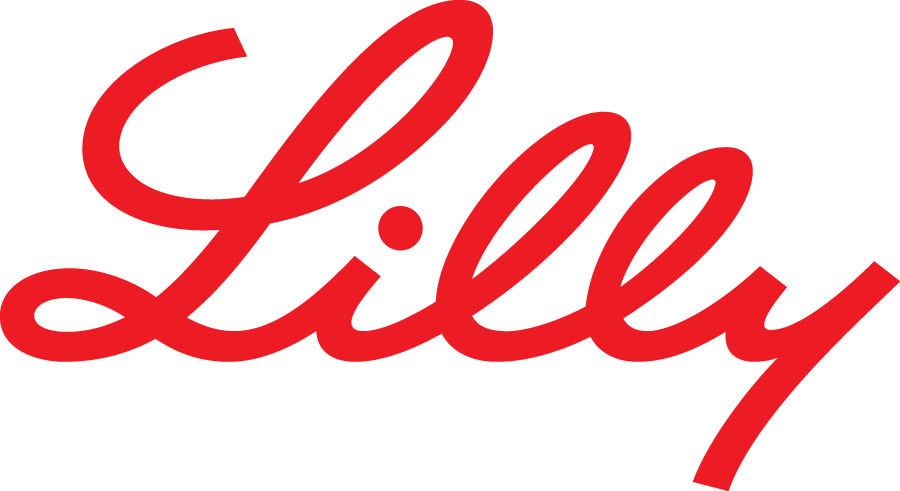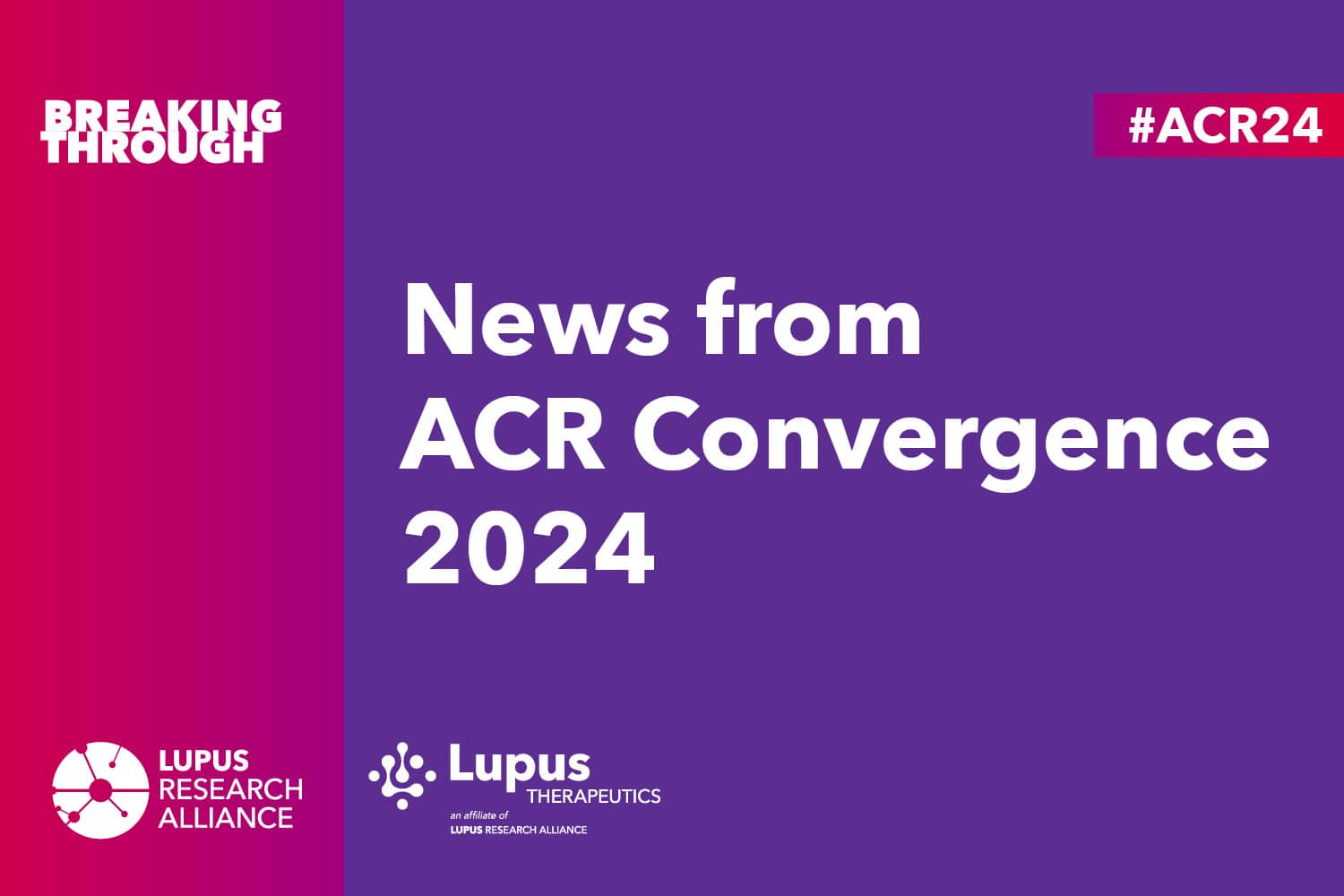Lupus Research Alliance Applauds FDA’s Fast Track Designation to Develop Baricitinib for Lupus

Lupus Research Alliance Applauds FDA’s Fast Track Designation to Develop Baricitinib for Lupus
NEW YORK, NY. December 14. The Lupus Research Alliance is pleased to share good news about a potential new treatment for systemic lupus erythematosus (SLE). Yesterday, Eli Lilly and Company and Incyte Corporation announced that the U.S. Food and Drug Administration (FDA) granted Fast Track designation to baricitinib, which is being studied for the treatment of SLE.
The FDA describes Fast Track designation as: “a process designed to facilitate the development and expedite the review of drugs to treat serious conditions and fill an unmet medical need.”
This designation was informed by positive results of a Phase 2 study of baricitinib for the treatment of SLE presented at the European Congress of Rheumatology (EULAR) and published by The Lancet.
Lilly is currently conducting two Phase 3 SLE trials to test two doses of baricitinib. Baricitinib is currently approved in the U.S. and 50 countries throughout the world as a treatment for rheumatoid arthritis under the brand name OLUMIANT®.
“We are watching baricitinib development closely and applaud this latest milestone,” noted Lupus Research Alliance Chief Scientific Officer, Dr. Teodora Staeva. “Additional treatment options are urgently needed for lupus, and our mission is to support research that brings us closer to improved care as well as long-term prevention and a cure.”
About Lupus
Lupus is a chronic, complex autoimmune disease that affects millions of people worldwide. More than 90% of people with lupus are women; lupus most often strikes during the childbearing years of 15-45. African Americans, Latin Americans, Asians and Native Americans are two to three times at greater risk than Caucasians. In lupus, the immune system, which is designed to protect against infection, creates antibodies that can attack any part of the body including the kidneys, brain, heart, lungs, blood, skin, and joints.
About the Lupus Research Alliance
The Lupus Research Alliance aims to transform treatment while advancing toward a cure by funding the most innovative lupus research in the world. The organization’s stringent peer review grant process fosters diverse scientific talent who are driving discovery toward better diagnostics, improved treatments and ultimately a cure for lupus. Because the Lupus Research Alliance’s Board of Directors fund all administrative and fundraising costs, 100% of all donations goes to support lupus research programs.



